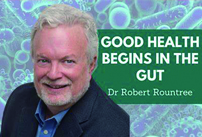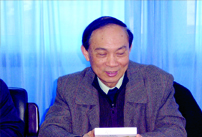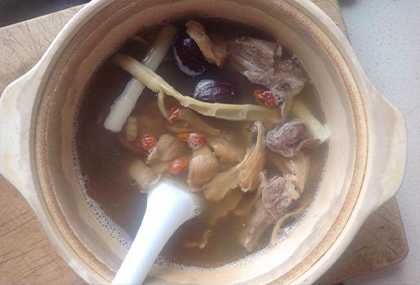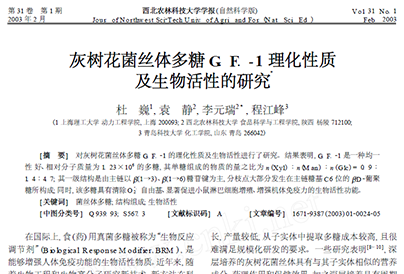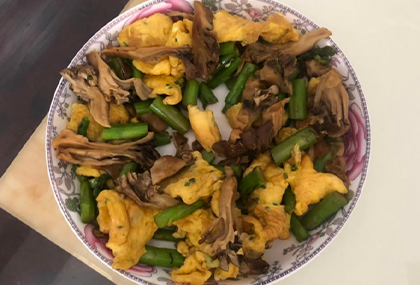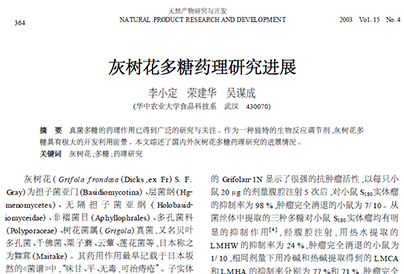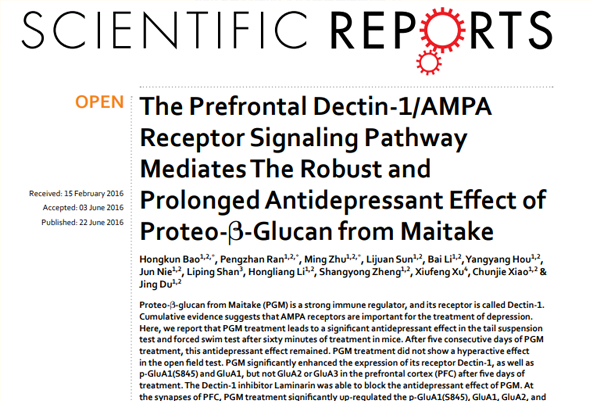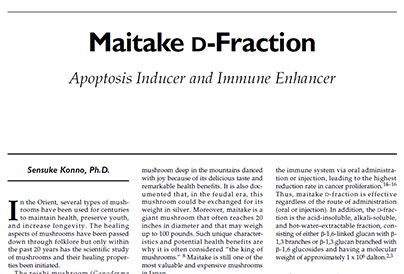Common sense or misunderstanding
It is a common knowledge that exercise is beneficial to bone development and can prevent osteoporosis in the elderly. However, after a fracture, most people often think that the body is very fragile during this period and must rest for at least 100 days without any exercise.
In fact, it is not. It is necessary to start static muscle contraction within 2 weeks after fracture, and then gradually increase active activities and weight-bearing activities to promote swelling reduction and bone healing.
The same is true for tumors.
We all know that a reasonable diet and regular exercise can help fight cancer, while the long-term accumulation of obesity and bad living habits will increase the risk of cancer. Cancer patients have been advocated to exercise, eat nutritious meals and other lifestyles during the recovery or stable period. However, there is a lack of scientific guidance on how patients should benefit from these aspects during tumor treatment.
Recently, the American Society of Clinical Oncology (ASCO) systematically reviewed the literature reports including breast cancer, lung cancer, colorectal cancer and prostate cancer, and set up a randomized controlled trial to provide guidance for the exercise, diet and weight management of adults during cancer treatment, and solved three major clinical problems.
 1. Does exercise during cancer treatment improve outcomes related to quality of life, therapeutic toxicity, or cancer control?
1. Does exercise during cancer treatment improve outcomes related to quality of life, therapeutic toxicity, or cancer control?
It is suggested that cancer patients should take aerobic and anti resistance exercise during treatment to reduce the side effects of cancer treatment. (evidence quality: medium, recommendation strength: strong)
Preoperative exercise is recommended for patients undergoing lung cancer surgery to reduce hospitalization time and postoperative complications. (evidence quality: low, recommendation strength: weak)
Note: exercise intervention during treatment can reduce fatigue, maintain cardiopulmonary health, physical function and strength, improve quality of life and reduce anxiety and depression to a certain extent. In addition, the probability of adverse event risk during exercise intervention during treatment was low. However, there is insufficient evidence to recommend that exercise during treatment can improve cancer outcome or treatment completion rate.
2. Does a specific dietary pattern or specific food during cancer treatment improve outcomes related to quality of life, therapeutic toxicity, or cancer control?
There is currently insufficient evidence to recommend or oppose dietary interventions, including ketogenic or low carbohydrate diets, low-fat diets, functional foods, or fasting, to improve outcomes related to quality of life, therapeutic toxicity, or cancer control.
It is not recommended to use a neutropenic diet (cooking all raw materials, including fruits and vegetables, that is, not eating raw) to prevent infection of cancer patients during treatment. (evidence quality: low, recommendation strength: weak)
3. Do interventions designed to lose weight or avoid weight gain during cancer treatment improve outcomes related to quality of life, therapeutic toxicity, or cancer control?
There is currently insufficient evidence to recommend or oppose intentional weight loss or intervention to prevent weight gain during treatment, which can improve outcomes related to quality of life, treatment toxicity, or cancer control.
Note: the panel strongly believes that diet and weight management can bring health benefits, so clinicians should not be prevented from discussing this with patients. Considering the current lack of evidence on diet and weight management interventions during cancer treatment, no specific recommendations can be made.
In summary:
During the treatment period, patients with cancer should regularly perform aerobic and anti resistance exercises, and it is recommended that patients undergoing lung cancer surgery should exercise before surgery; The use of a neutropenic diet to prevent infection during treatment is not recommended.
Specific diet and weight loss interventions are not recommended or opposed at present.
Even with the recommendations of the ASCO guidelines, I believe many patients still have the following doubts. Let me answer them one by one.
What are aerobic and resistance exercises?
Aerobic exercise includes walking, fast walking, jogging, going up and down stairs, cycling, square dancing, Taijiquan, Baduanjin, swimming, etc. patients can choose their own sports. It is best to develop a regular exercise. The exercise time should be 20-30 minutes each time.
The resistance movement is relatively difficult. It needs to mobilize muscle contraction to fight against external resistance. It can be completed by means of elastic bands, barbells, dumbbells and other instruments. It can also be started with simple squatting, sit ups and other movements against self gravity. We must pay attention to doing what we can.
What is a neutropenic diet?
Some tumor treatments have side effects such as bone marrow suppression, resulting in neutropenia of patients. The diet of neutropenia that is not recommended here mainly refers to over processing food in order to reduce the risk of infection during the treatment period, so as to pursue sterility. For example, all vegetables, fruits and other food materials are cooked before consumption.
Is exercise also recommended for patients in advanced and advanced stages?
The literature on the feasibility, safety and potential benefits of exercise in patients with advanced cancer is relatively limited, but a meta-analysis report involving about 100 patients with advanced lung cancer shows that exercise can indeed improve the 6-minute walking test (6MWT) ability and quality of life. Therefore, it is suggested that patients with advanced stage can properly do some physical activities if conditions permit.
Write at the end
After diagnosis, nearly 75% of cancer patients will actively change their diet and exercise habits. These changes can indeed help them maintain a healthy weight and reduce the risk of cardiovascular disease, metabolic disorders and other chronic diseases.
Although positive changes during tumor treatment may not guarantee our health, they can add a weight to the health of the life balance.
Reference
Ligibel JA, Bohlke K, May AM, Clinton SK, Demark-Wahnefried W, Gilchrist SC, Irwin ML, Late M, Mansfield S, Marshall TF, Meyerhardt JA, Thomson CA, Wood WA, Alfano CM. Exercise, Diet, and Weight Management During Cancer Treatment: ASCO Guideline. J Clin Oncol. 2022 May 16:JCO2200687.
Author: US China Jiahe cancer prevention and treatment
Source:



